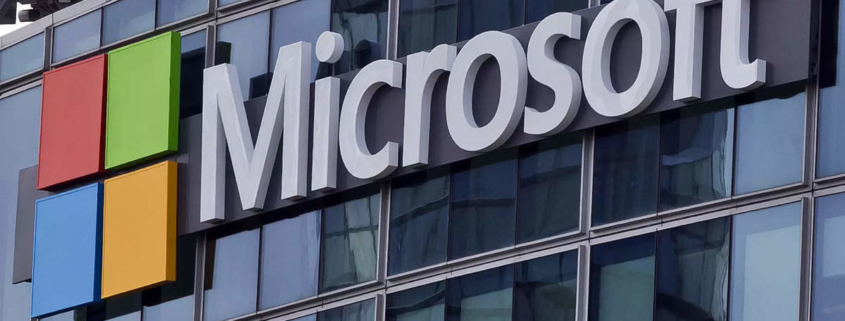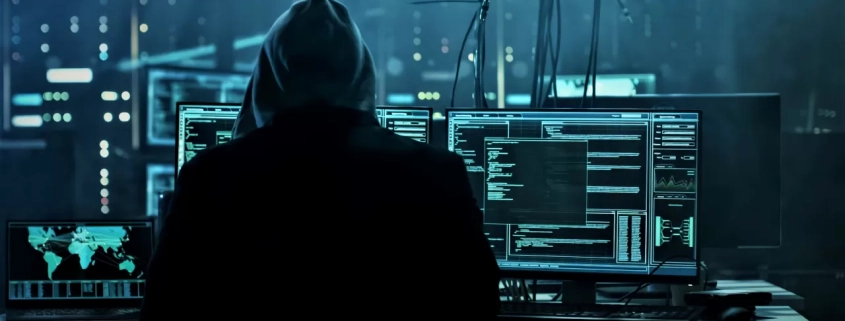Review board to issue report detailing Microsoft’s lapses in China hack: report
The intrusion, which ransacked the Microsoft Exchange Online mailboxes of 22 organizations and more than 500 individuals around the world, was “preventable” and “should never have occurred”, the Washington Post said, citing the report.”While no organization is immune to cyberattack from well-resourced adversaries, we have mobilized our engineering teams to identify and mitigate legacy infrastructure, improve processes, and enforce security benchmarks,” Microsoft said.
“Our security engineers continue to harden all our systems against attack and implement even more robust sensors and logs to help us detect and repel the cyber-armies of our adversaries. We will also review the final report for additional recommendations,” it added.
The Cyber Safety Review Board did not immediately respond to a Reuters request for comment.
Last year, the tech giant said the Chinese hack of senior officials at the US State and Commerce departments stemmed from the compromise of a Microsoft engineer’s corporate account penetrated by a hacking group it dubbed Storm-0558.
Discover the stories of your interest

The hack is alleged to have stolen hundreds of thousands of emails from top American officials including Commerce Secretary Gina Raimondo, US Ambassador to China Nicholas Burns and Assistant Secretary of State for East Asia Daniel Kritenbrink.
The Cyber Safety Review Board’s report blames shoddy cybersecurity practices, lax corporate culture and a deliberate lack of transparency over what Microsoft knew about the origins of the breach, according to the Washington Post.




